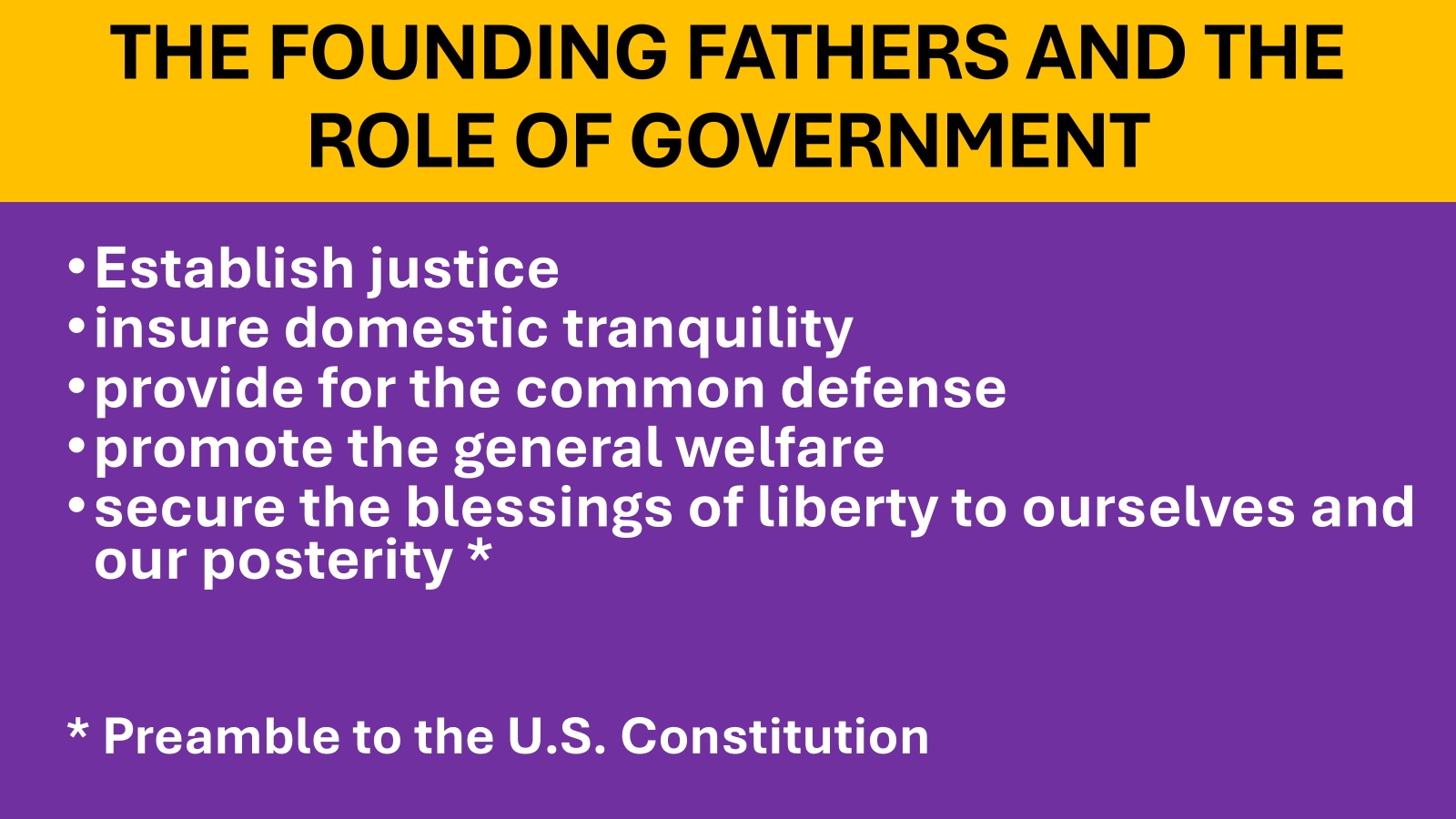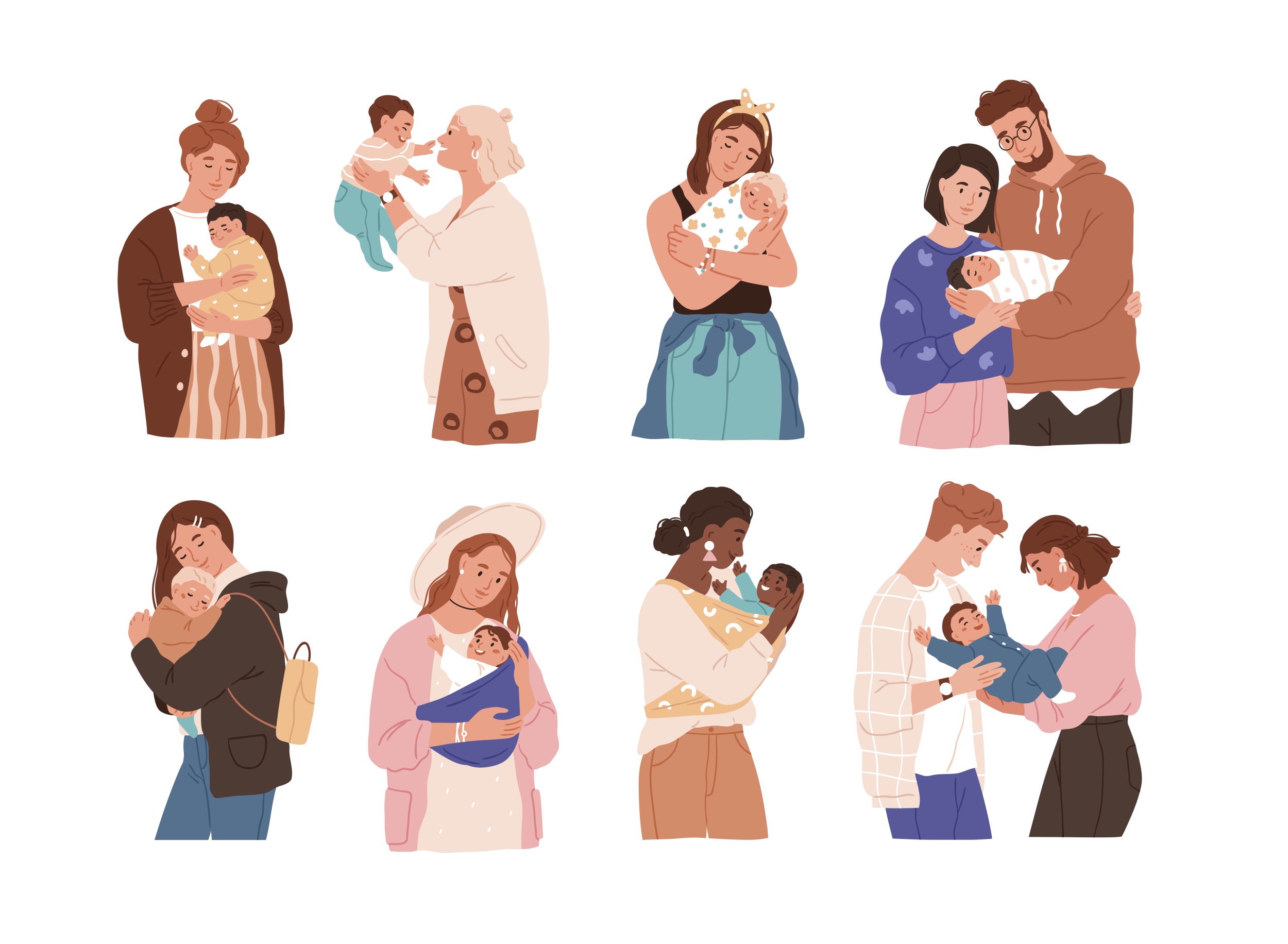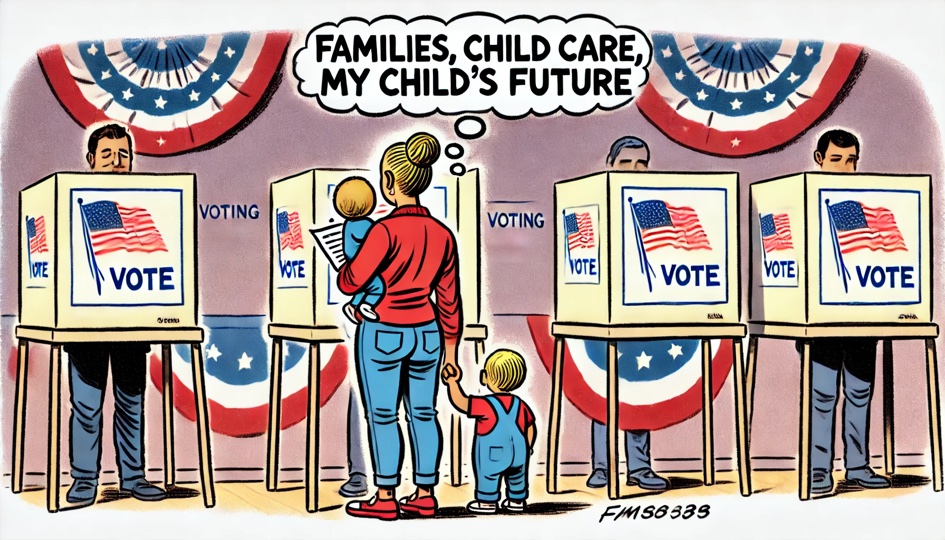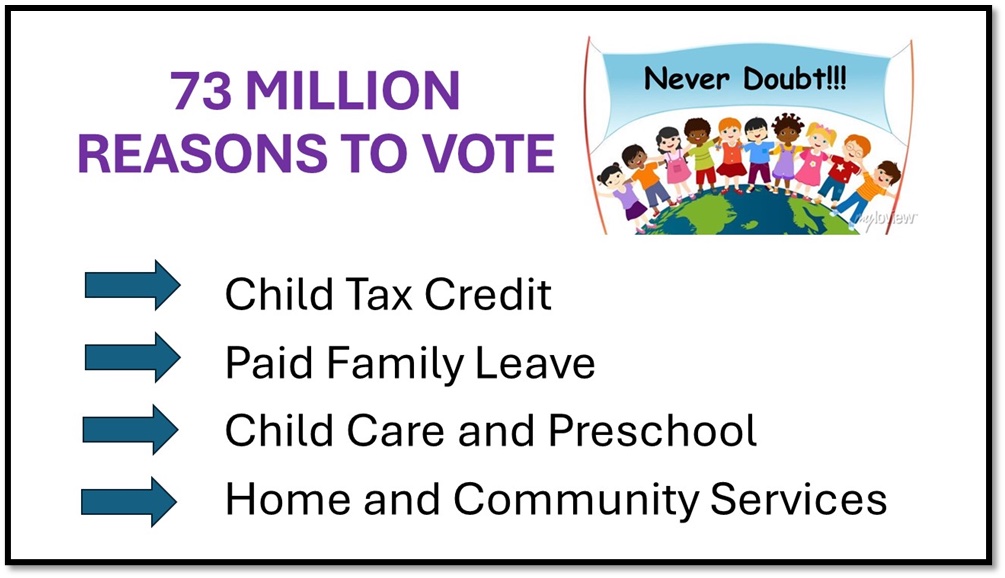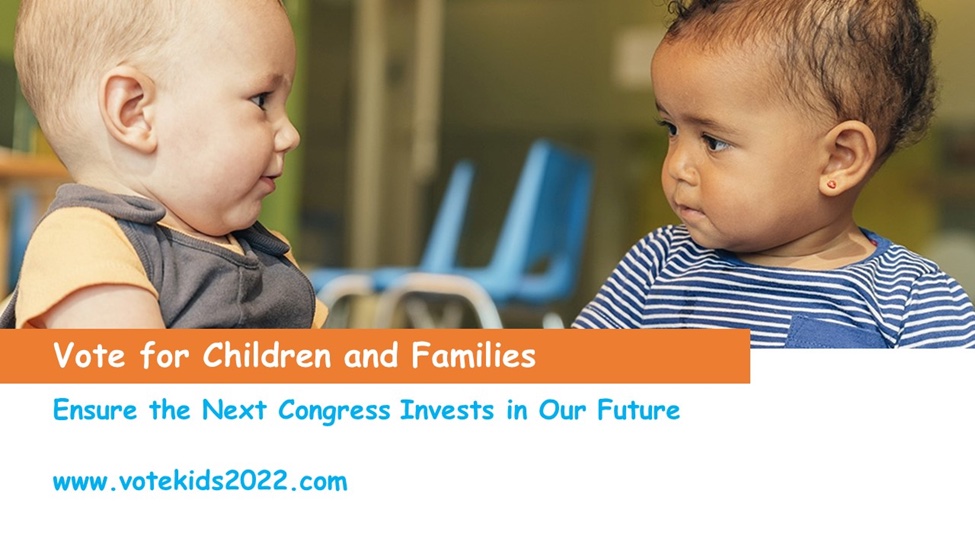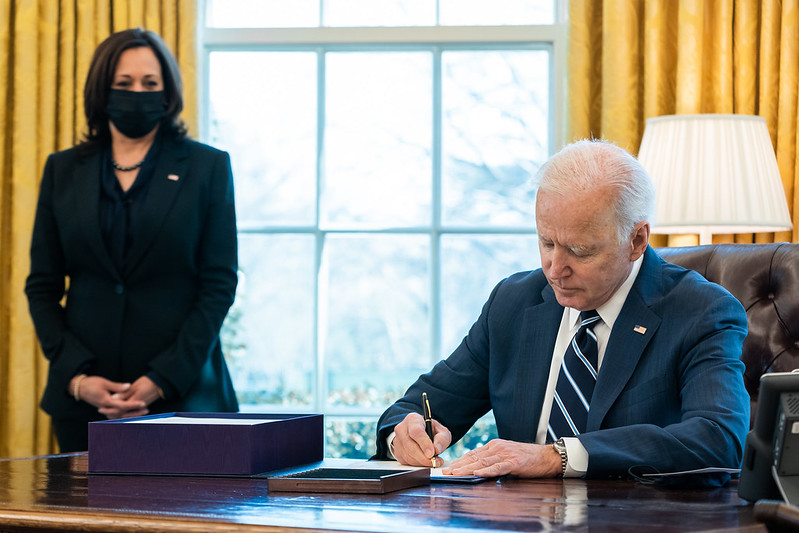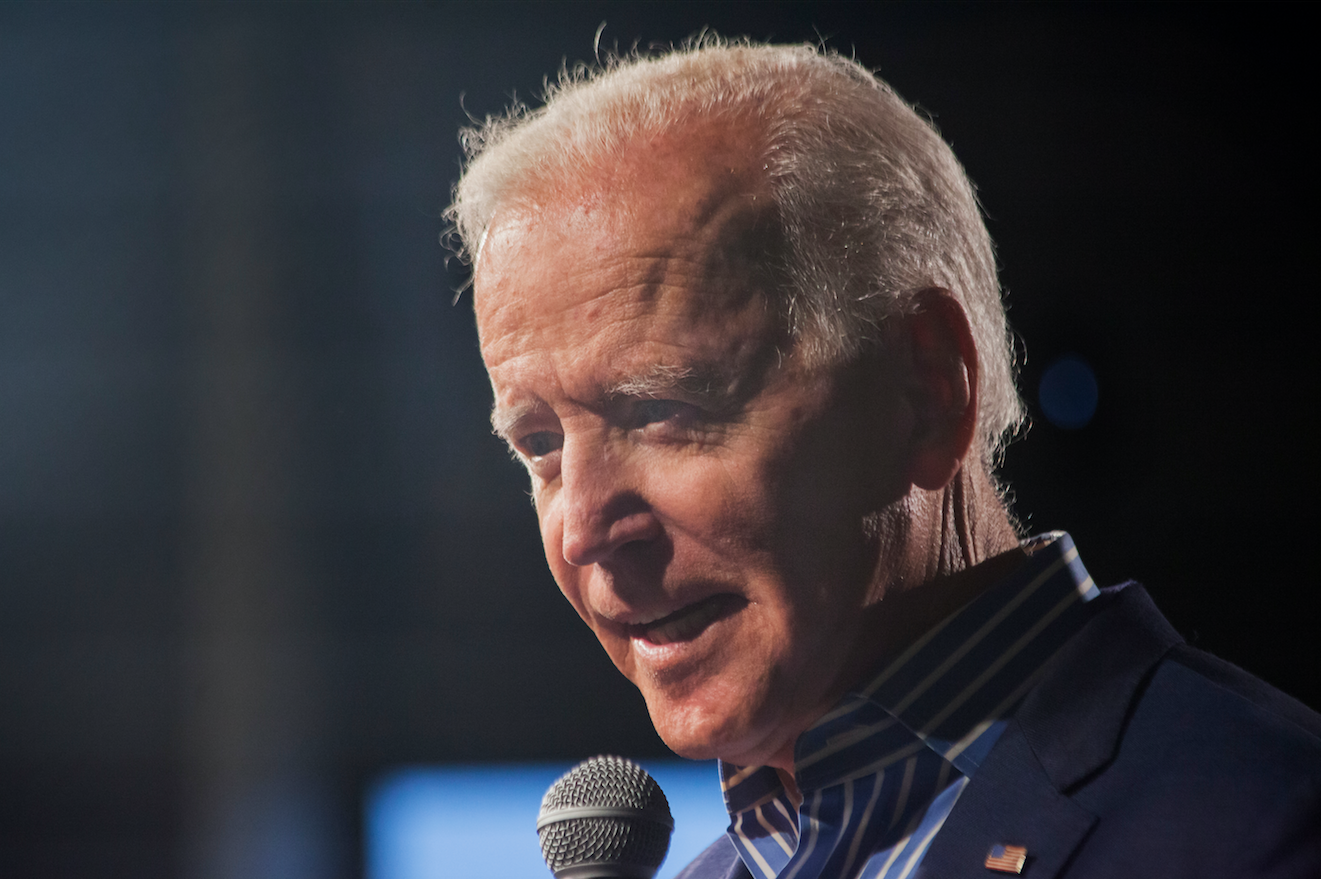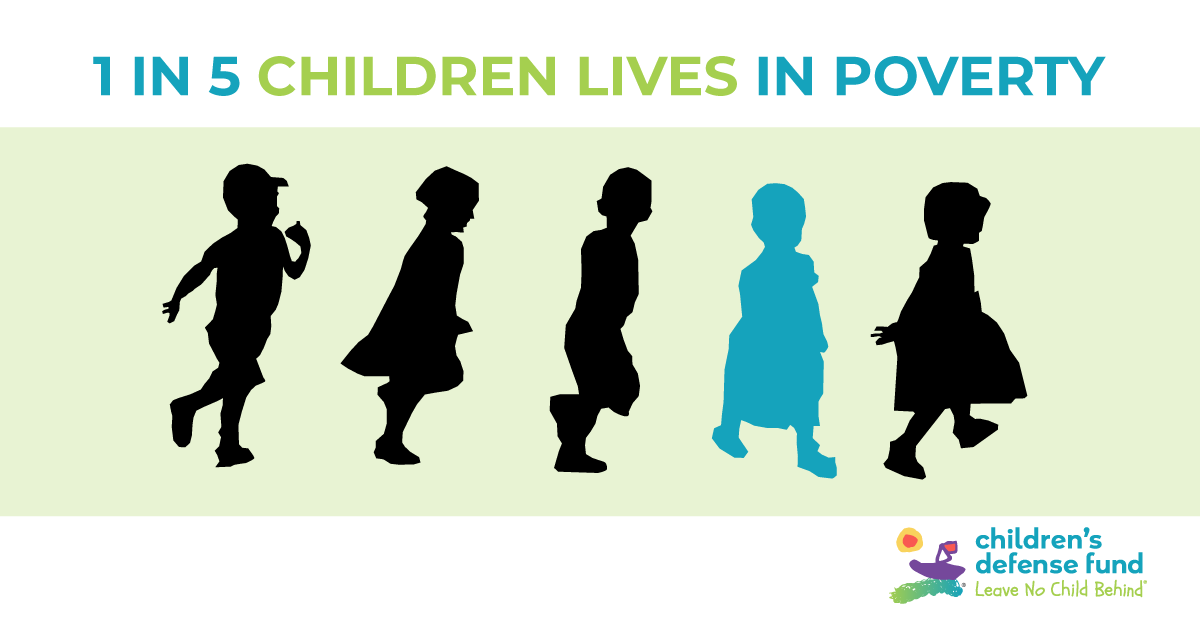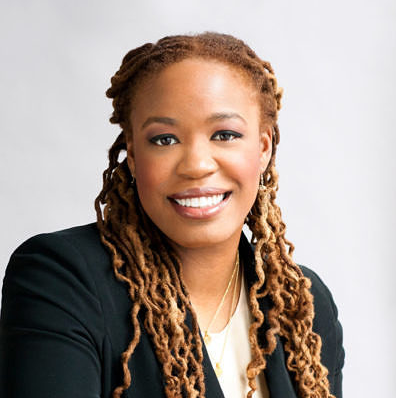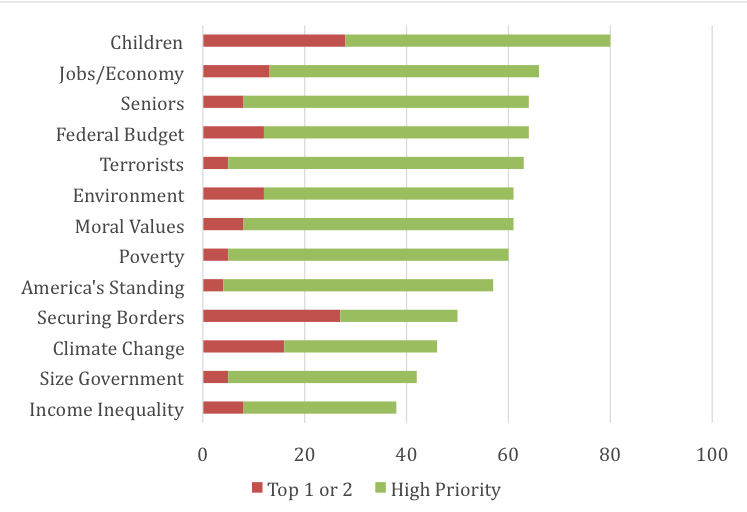Charles Bruner is a former Democratic Iowa legislator (1978-1990), was the founding director of Iowa Child and Family Policy Center (1990-2015, now Common Good Iowa), and is national director of the InCK Marks Initiative’s Child Health Equity Leadership Group.
PREFACE
Between 2008 and 2024, about one in ten voters in Iowa shifted from voting for Democrats to voting for Republicans. Over those eight elections, the overall shift in Iowa’s rural, white, working-class counties and communities was closer to one voter in five. From being bluish-purple, Iowa now is considered a solid red state. If Democrats are to become competitive in 2026 and future elections, they must regain trust with and win a good share of these voters back.
Bleeding Heartland has done a public service in publishing the statements of the three candidates seeking to be Iowa Democratic Party chair and rebuild the Democratic party and its brand. (Editor’s note: here are the statements from Rita Hart, Tim Winter, and Alexandra Nickolas-Dermody.)
I hope these statements receive broad review, and people will look at them as more than either-or statements for selecting a party chair. Hopefully, they will serve as a basis for dialogue and activism among Democrats on how to move forward.
I am a Democrat because I believe in the values Democrats hold and seek to place into public policy—one recognizing that government must play a positive role in ensuring broadly shared and sustainable prosperity for its residents and their families. I am a policy wonk when it comes to operationalizing those values into specific policies (and there is a role there – see below for a beginning iteration), but I believe key to restoring the Democratic party is a much more concerted articulation of these values. Moreover, I believe there is substantial consensus among Democratics, whether considering themselves moderate or progressive, on those values and the policy agendas that advance them.
Continue Reading...


